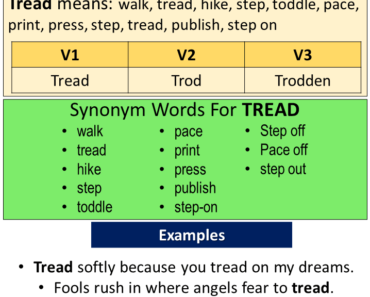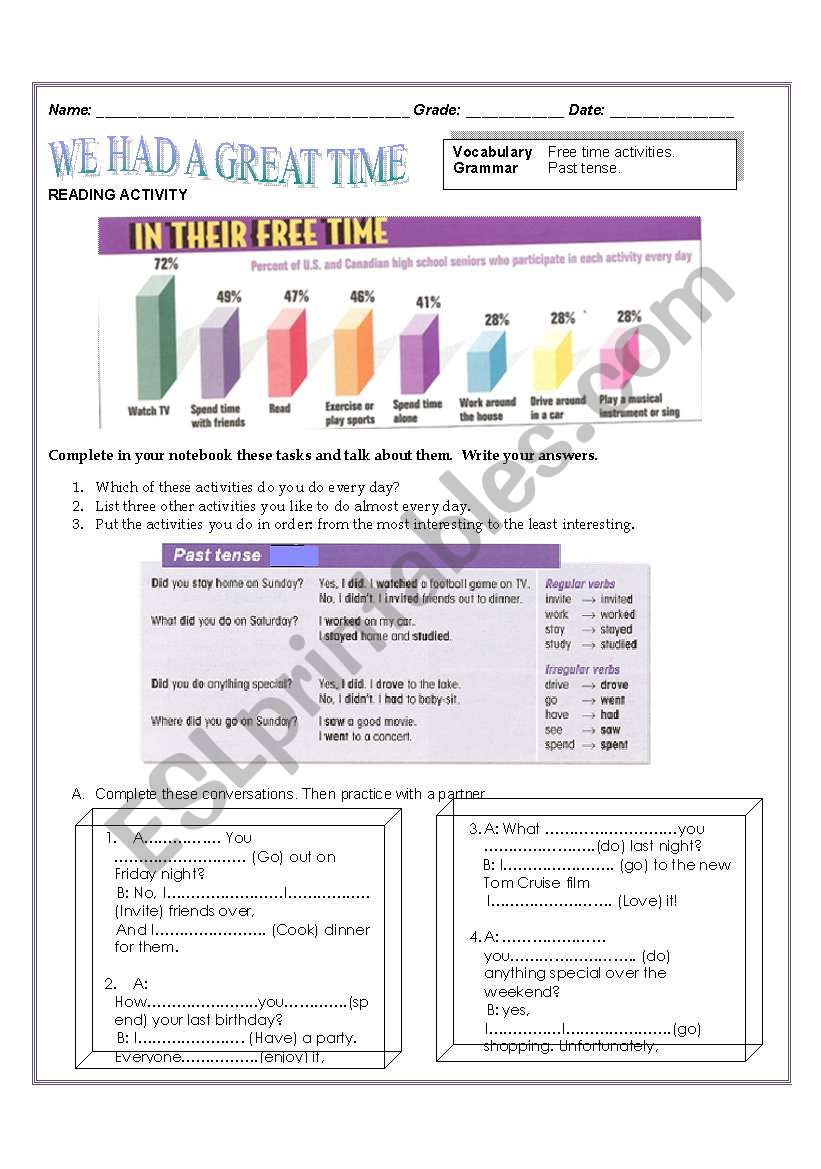

Usually, an “if” clause is present in this tense to talk about what that action might be. We use it when talking about a future scenario that is likely to take place based on the actions of someone in the present. “Would have forbidden” is the future perfect tense.

You had forbidden me from talking, but I don’t see why I need to listen to you anymore.We had forbidden anyone from entering here, but we decided against that after the last event!.Since a little more thought is required to get the past participle correct, we’ll split this part into three sections. Obviously, “had” is the past tense, and we include “will” alongside it to show when something happens in the future. You might notice, however, that “have” changes form based on the perfect tense we use. We do this because it’s the past participle, and its spelling cannot be altered. We must always keep the form of “forbidden” the same in all of these tenses. You might benefit from learning about the perfect tenses and their forms: However, when used with a helping verb like “have,” we can create one of three possible perfect tenses (past, present, and future). “Forbidden” is the past participle, which is incorrect on its own. They make up a large chunk of the past tense in English, and using the past participle (plus a helping verb) is paramount for them to be correct. You need to understand the perfect tenses when it comes to using the past participle. There is no action that can be taken to correct or change the event in the present. We use this form to refer to someone “forbidding” something in the past and thinking back to that event. I forbade my children from playing any games.The school forbade the students from enjoying their recess.The librarian forbade us from talking at all.You forbade me from far too much in my youth.They forbade me from speaking any more about it.Still, these examples will explain what you need to know. “Forbade” is the simple past tense, making it slightly easier to understand. Past tense: She forbade Example Sentences Using “Forbade”.The present tense “forbid” is affected in certain ways by the pronoun we use, but this same rule does not extend to “forbade.” The simple past tense form stays the same regardless of pronoun choice. It’s an event that cannot be altered in any way in the present. We mostly use this to think about a time in our past or someone else’s past. You can use “forbade” when you want to talk about “forbidding” something in the past. So, when does the simple past tense actually work? The following will explain the three forms we will work with in this article: Verb Forbid Past Forbade Past Participle Forbidden When Is “Forbade” Correct? You have forbidden me from reaching the end, and I appreciate that!.I forbade you from taking part in the tournament, but you still did it!.You might understand more about what we just said by looking at the following: “Forbidden” is the past participle, which we use with an auxiliary verb to create one of three potential present tenses.


We use this when thinking back to “forbidding” something in the past, but the action has run its course in the present. This article will explain the past tense forms for you. It might not be the most common verb, but the better your understanding, the better your writing. You should make sure you learn the past tense of “forbid” to help expand your English knowledge.


 0 kommentar(er)
0 kommentar(er)
